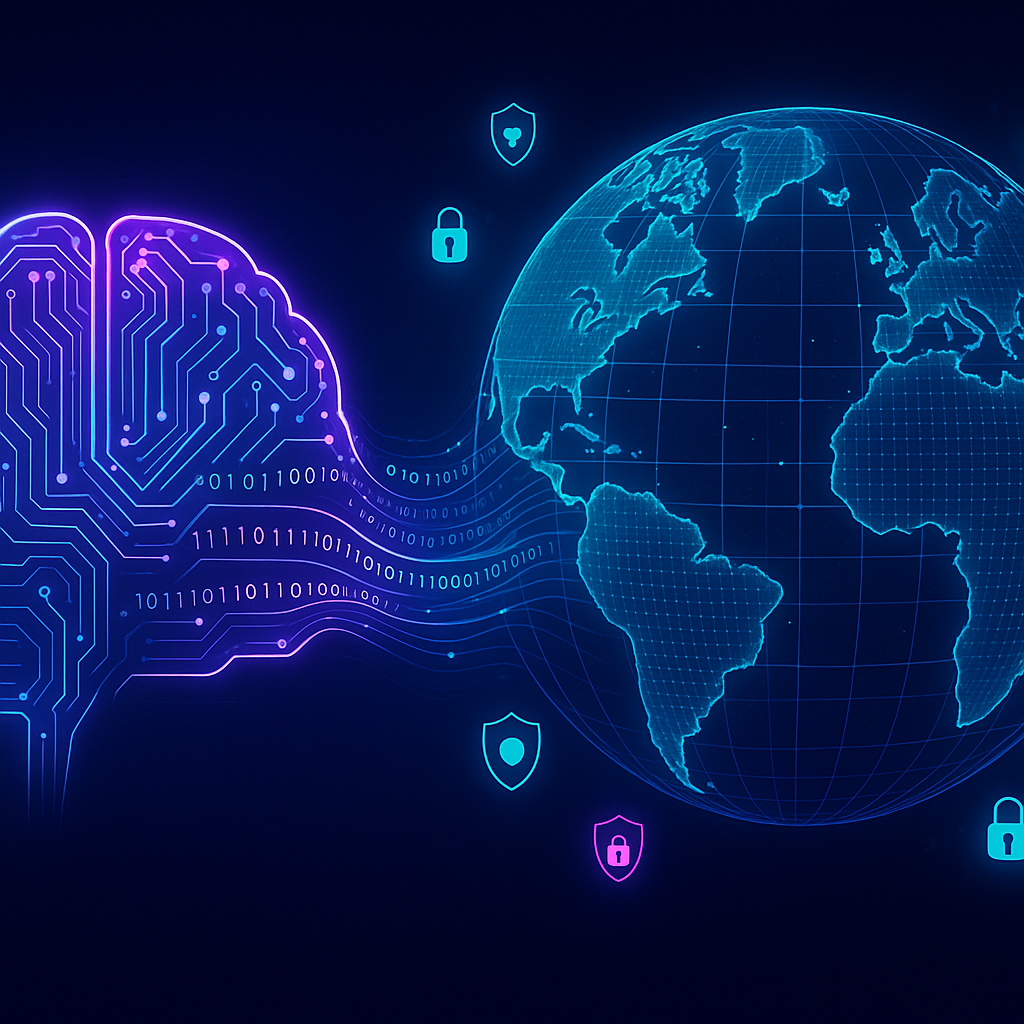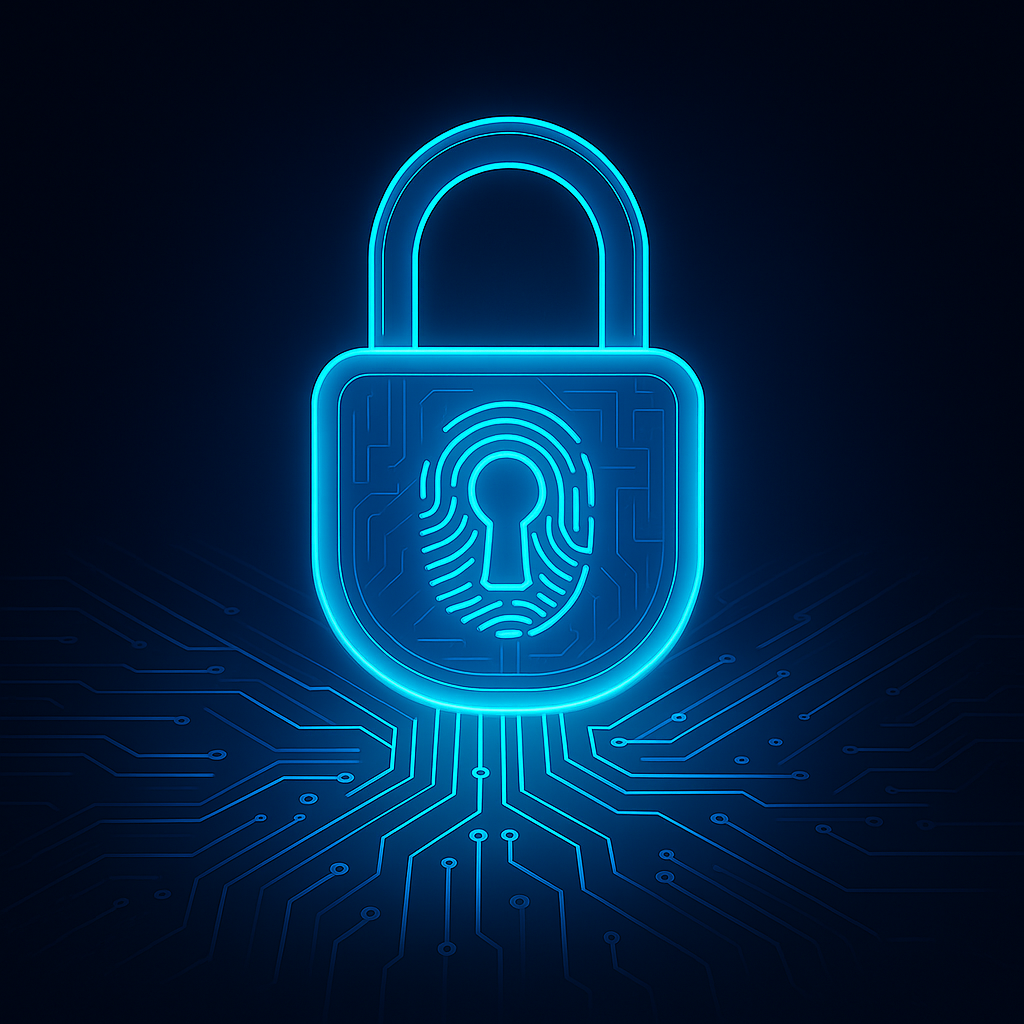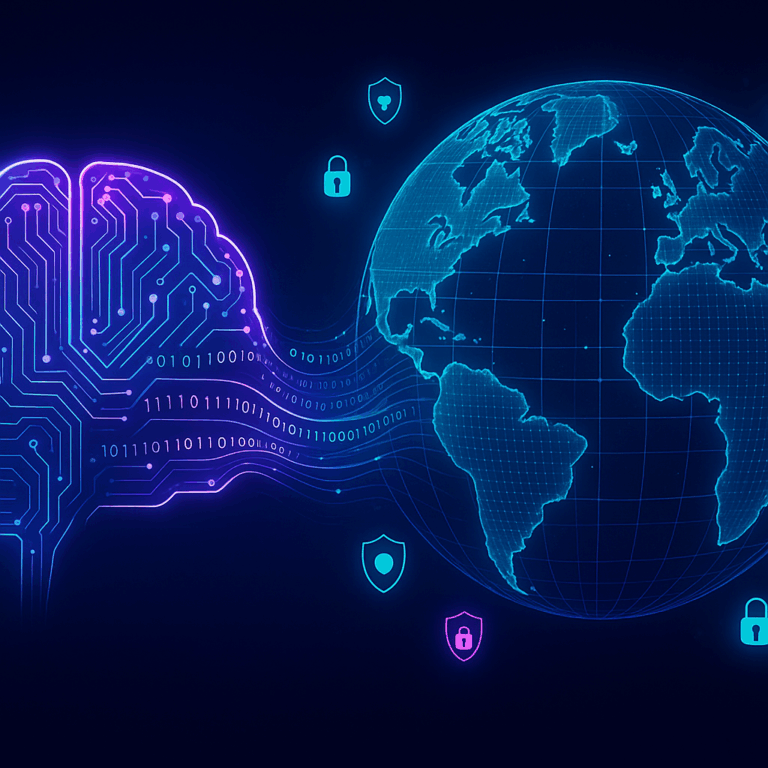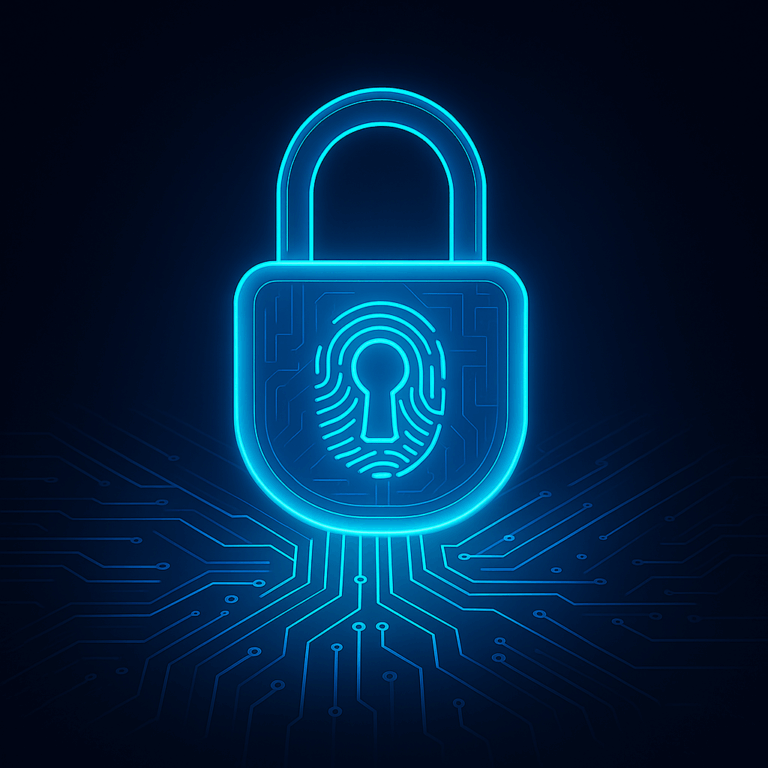How Apple Improves AI Privacy with Enhanced Private Cloud Compute
In the digital age, privacy has become an ever-evolving battlefield. As technology advances, so do the threats targeting our personal data. Apple is acutely aware of this and has taken substantial strides to ensure user privacy, particularly with its AI-driven services. The answer? Enhanced Private Cloud Compute. But what does this mean for cybersecurity professionals and the broader tech industry?
What is Private Cloud Compute?
Private Cloud Compute refers to a dedicated environment within the cloud exclusively for one organization. Unlike public clouds, a private cloud offers enhanced security and exclusive resources. Apple’s emphasis on this model speaks volumes about their dedication to safeguarding user privacy.
Apple’s Approach to AI and Privacy
At the core of Apple’s strategy is ensuring that AI processes are as secure as possible. They’ve developed new methods that allow AI computations to occur directly on the device. This is often referred to as “on-device learning” or “on-device AI.” However, there are situations where leveraging cloud resources is unavoidable. That’s where Apple’s Enhanced Private Cloud Compute steps in.
Key Benefits of Enhanced Private Cloud Compute
- Data Isolation: User data processed in the cloud remains isolated and protected from unauthorized access. This minimizes the risks associated with data breaches.
- Secure Processing: AI computations, such as facial recognition or natural language processing, can be performed without data leaving Apple’s securely controlled environment.
- Minimal Data Exposure: Data sent to the cloud for processing is often encrypted, ensuring that even if intercepted, it remains unreadable to unauthorized parties.
Technical Aspects: A Deep Dive
AI-Driven Threat Detection
Apple’s approach to AI-driven threat detection leverages machine learning algorithms to identify anomalies and potential threats in real-time. By analyzing vast datasets, AI can flag unusual patterns of behavior that may indicate a security breach.
However, here’s where the private cloud aspect becomes crucial. When sensitive data is analyzed for threats, it must remain within a secure environment to prevent exposure. Apple’s Enhanced Private Cloud Compute ensures these processes stay shielded from external threats.
Machine Learning Algorithms for Anomaly Detection
Machine learning plays a prominent role in enhancing cybersecurity solutions. Algorithms can be trained to detect anomalies in network traffic, user behavior, and system activity. Apple’s system trains these models on-device without exposing sensitive data to third parties. For cases requiring additional computational power, it transfers tasks to the private cloud using encrypted transmissions, ensuring data integrity and privacy.
Network Security Protocols
To protect the communication between devices and private cloud servers, Apple employs advanced network security protocols. These protocols include:
- End-to-end Encryption: Data is encrypted from the moment it leaves the device until it reaches the cloud server, making it unreadable during transit.
- TLS (Transport Layer Security): Establishes a secure communication channel between devices and servers.
- VPN (Virtual Private Network): Adds an extra layer of protection by masking the user’s IP address and encrypting their internet connection.
Real-World Applications
Apple’s commitment to privacy has been integrated into several real-world applications, making their private cloud compute even more critical. For instance, Siri’s voice recognition models can be trained on-device, but when further computational power is required, data can be securely transferred to the cloud. Similarly, facial recognition features can perform authentication tasks directly on the device, reducing the need for cloud-based processing and thereby limiting data exposure.
Challenges and Future Implications
Challenges
- Scalability: Maintaining and scaling private cloud infrastructure involves significant investments and technical complexities.
- Data Residency Compliance: Ensuring that data stays within specific regional boundaries to comply with local regulations can be challenging.
- Continuous Upgradation: Regular updates and enhancements are necessary to stay ahead of evolving threats and vulnerabilities.
Future Implications
As the tech landscape continues to evolve, the integration of AI into our daily lives will only deepen. This places an even greater emphasis on ensuring that data privacy is maintained. Apple’s Enhanced Private Cloud Compute could set the benchmark for other tech giants, influencing industry standards and best practices.
Moreover, the future of cybersecurity relies heavily on advancements in AI-driven security measures. By harnessing the power of secure cloud environments, Apple ensures that their AI capabilities continue to grow without compromising user privacy. Expect to see more sophisticated threat detection, anomaly detection, and secure network protocols in the coming years.
Actionable Insights for Cybersecurity Professionals
For cybersecurity professionals, understanding and implementing similar privacy-focused measures can offer several benefits. Here are some actionable insights:
- Adopt On-Device AI: Whenever feasible, push for AI computations to take place directly on user devices, minimizing data exposure.
- Employ Private Cloud Solutions: Evaluate the feasibility of private cloud environments for handling sensitive data and AI computations.
- Enhance Encryption Practices: Ensure data transmitted to and from cloud servers is encrypted end-to-end.
- Regular Security Audits: Conduct frequent audits to identify and mitigate potential vulnerabilities in cloud environments.
By aligning with these strategies, professionals can enhance their defense mechanisms, ensuring both robust security and user privacy.
Conclusion
Apple’s Enhanced Private Cloud Compute exemplifies a proactive approach to combining AI and privacy. By leveraging secure cloud environments, Apple ensures that even the most sophisticated AI processes do not compromise user data. For cybersecurity professionals, this represents a significant step towards a future where technology and privacy can coexist harmoniously. Stay informed, adopt best practices, and keep user privacy at the forefront of all innovation.
References:
1. Wired. (Year). How Apple Improves AI Privacy with Enhanced Private Cloud Compute. Retrieved from [https://www.wired.com/story/apple-private-cloud-compute-ai/](https://www.wired.com/story/apple-private-cloud-compute-ai/)
2. Additional academic and industry-specific references relevant to AI and cloud security methodologies.







